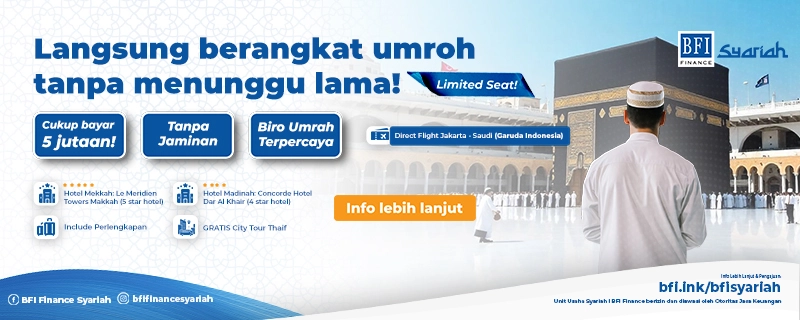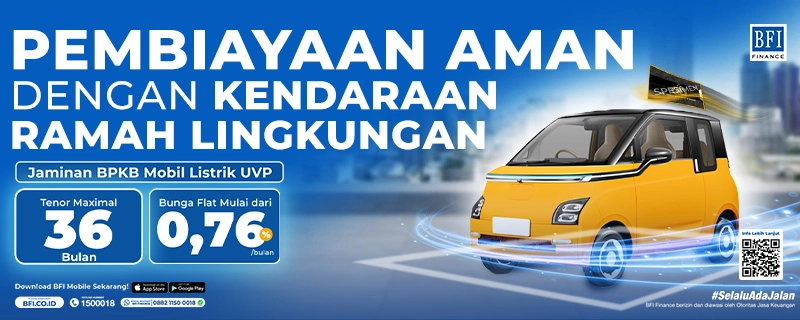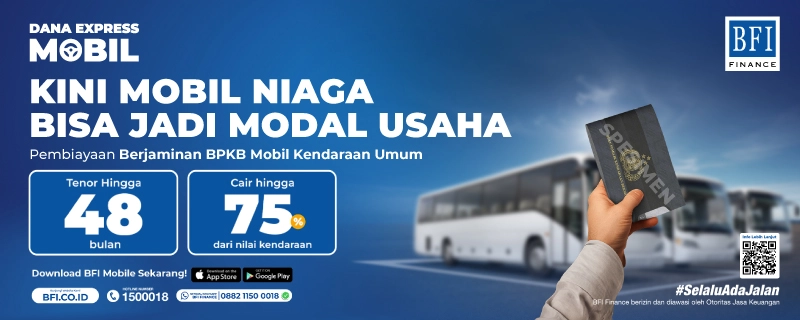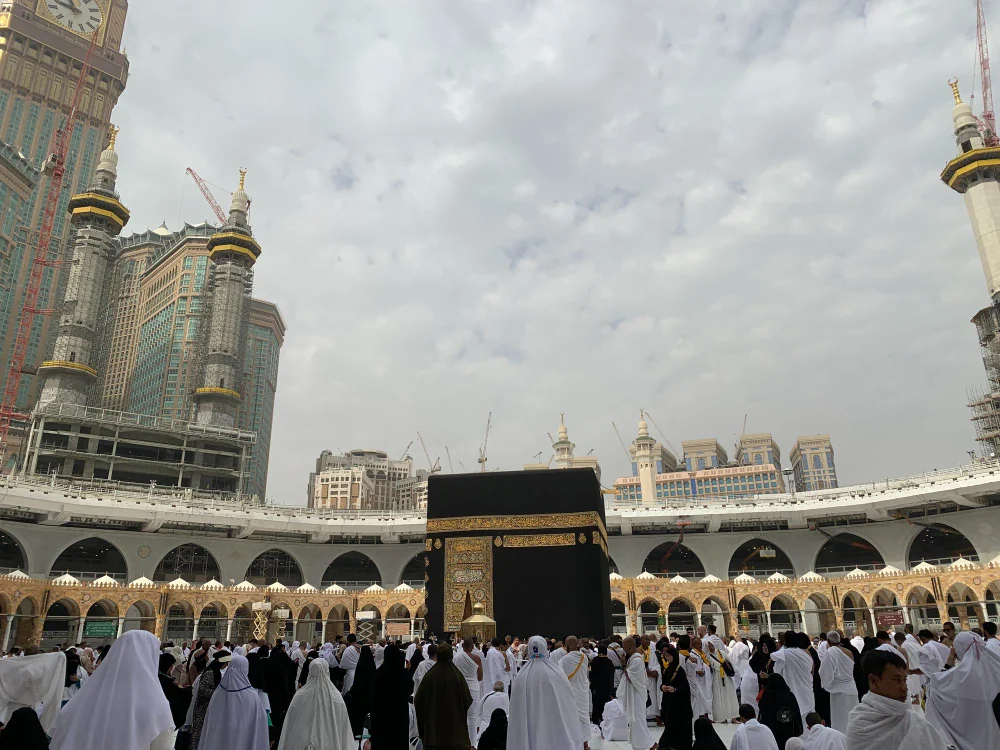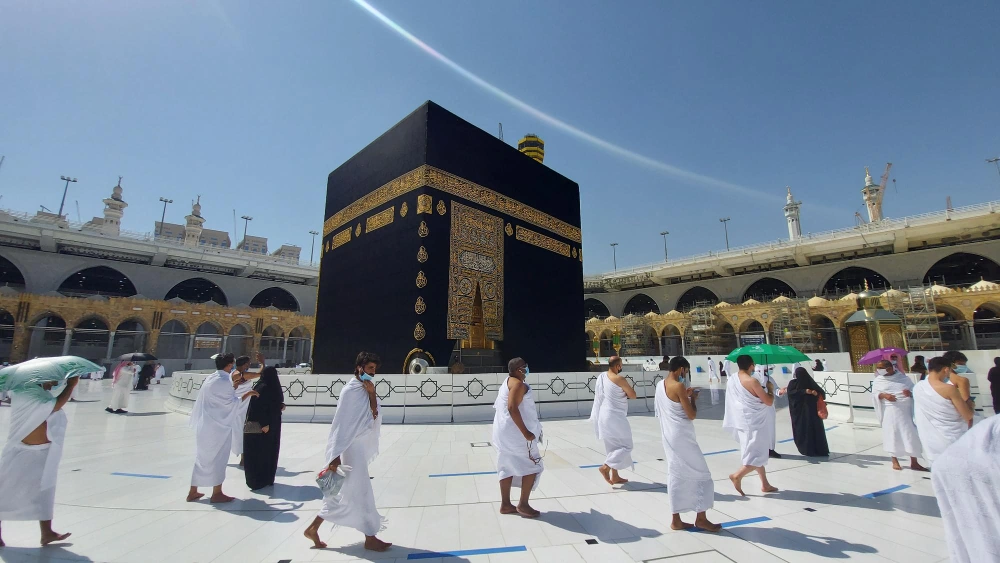Besides ijarah and mudharabah, the term Murabahah is often heard in the realm of Islamic finance. This is because Murabahah is one of the contracts commonly used in Sharia financing. In essence, Murabahah is a contract conducted in a sale-purchase instrument with an added profit or gain. From the initial definition, Murabahah resembles ordinary lending transactions. However, in reality, the Murabahah contract is beneficial to both parties fairly and transparently.
So, what is Murabahah in more detail? What are the pillars and conditions of Murabahah? Find out more through the article below.
1. Definition and Concept of Murabahah
Before delving into the pillars and conditions of Murabahah, you need to understand what Murabahah is and the evidence supporting Murabahah transactions. This is because fundamentally, Murabahah is one of the types of Sharia financing contracts regulated in the Quran.
1.1 According to Islamic Sharia
In Islamic Sharia, Murabahah is a contract where the cost of production and profit or gain are jointly determined by the seller and the buyer. In this scheme, Murabahah is one way of trading where the seller informs the buyer about the production cost of the goods and the amount of profit the seller will receive.
In Sharia terms, the Murabahah contract is an agreement between a seller and a buyer (consumer) in a sale-purchase transaction. The seller will purchase the product from a third party as per request, then sell the product to the consumer at a higher price, which is used as profit. Here, the consumer knows the price of the product and the profit obtained by the seller. This means that individuals conducting Murabahah contracts must be transparent, honest, and sincere.
1.2 According to the Law
Etymologically, Murabahah means 'mutually beneficial'. According to Article 20 paragraph (6) of KHES, it is stated that:
Murabahah is a way to obtain goods through fair and mutually beneficial sale-purchase transactions between the seller (shohibul mal) and the buyer (party in need). In this process, the price of the purchased goods and the selling price are predetermined with an added profit for the seller. Payment can be made directly or in installments as agreed upon.
Meanwhile, based on Article 19 Letter C of Law No. 21 of 2008 concerning Banking, it states that: "Murabahah contract is a financing agreement for a product by specifying the purchase price to the buyer and the buyer pays it at a higher price as agreed upon profit."
2. Legal Basis of Murabahah

There are several sources as the legal basis of Murabahah. Here are some legal bases of Murabahah according to the Quran and the Hadith of the Prophet:
2.1 Based on the Quran
Although there are no detailed provisions regarding the fee for the Murabahah contract, the evidence supporting the legal basis of Murabahah in the Quran is found in Surah An-Nisa verse 29, which means:
"O you who have believed, do not consume one another's wealth unjustly but only [in lawful] business by mutual consent. And do not kill yourselves [or one another]. Indeed, Allah is to you ever Merciful." (An Nisa: 29)
This indicates that in Islam, business practices must be conducted honestly, fairly, and in accordance with the moral and ethical principles set by the religion.
Additionally, the evidence supporting the legal basis of Murabahah is found in the verse:
"..Yet Allah has permitted trade." (Al Baqarah: 275)
In this verse, it shows that trade is allowed in Islam. However, there are things that are allowed and not allowed to be done.
2.2 Based on the Hadith
Here is a hadith that confirms what is in the Quran about Murabahah:
"It is not permissible to sell something you do not own, and there is no profit in something that has no guarantee." (HR Ibn Majah No 2179)
3. Pillars and Conditions of Murabahah
3.1 Pillars of Murabahah
There are four pillars of Murabahah. The four pillars of Murabahah are as follows:
- The parties involved in the contract (seller and buyer)
- The object of the sale
- The value of the goods being sold
- Offer and acceptance (Ijab and Qobul)
3.2 Conditions of Murabahah
Meanwhile, the conditions of Murabahah are as follows:
- Knowing the initial purchase price
- Knowing the profit earned by the seller
- The capital expended is in the form of mitsliyat goods or those with similar variants
- Not mixed with usury transactions
- The first sale-purchase contract must be valid
4. Types and Examples of Murabahah
There are two types of Murabahah, namely Murabahah with an order and without an order. The meanings of the two types of Murabahah are as follows:
4.1 Murabahah with an Order
Murabahah with an order is a Murabahah transaction where the order is placed after the buyer's requested product is obtained by the seller. The Murabahah contract scheme is where the buyer orders the goods first, then the seller produces or purchases the goods and sells them to the buyer at a transparent price.
4.2 Murabahah without an Order
The type of Murabahah without an order is a Murabahah type where transactions are carried out directly. Transactions do not wait for orders for goods, and consumers can choose from available products.
5. Examples of Murabahah
Lala sells her property to Annisa. Lala explains that the purchase price of her property when she bought the property was Rp 700 million. Lala wants to sell it for Rp 900 million to Annisa. Thus, Lala earns a profit of Rp 200 million.
Annisa negotiates the price of the property so that Lala accepts a profit of Rp 150 million, so the selling price becomes Rp 850 million. Lala accepts the offer. They both agree that the Murabahah price is Rp 850 million.
Thus, this is the definition and example of a Murabahah contract in its implementation in the Sharia financing sector. With this, BFI Finance hopes that you can better understand the differences in types of Sharia financing contracts and choose Sharia financing according to your needs. As for Sharia financing products at BFI Finance that currently use the Murabahah contract, they include My Faedah, My Cars, and Carsy. This financing is for multi-service needs with a guarantee of a car's vehicle registration certificate (BPKB), such as wedding financing, house rental, shop rental, franchise purchase, home renovation, and more. For more information about other Sharia financing products at BFI Finance, you can visit the following link

